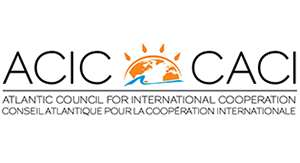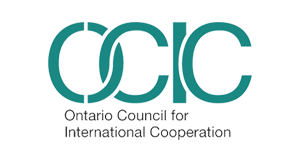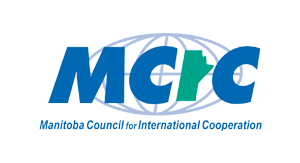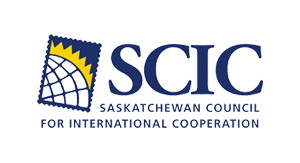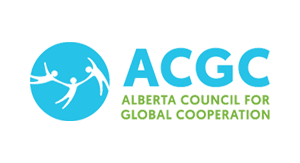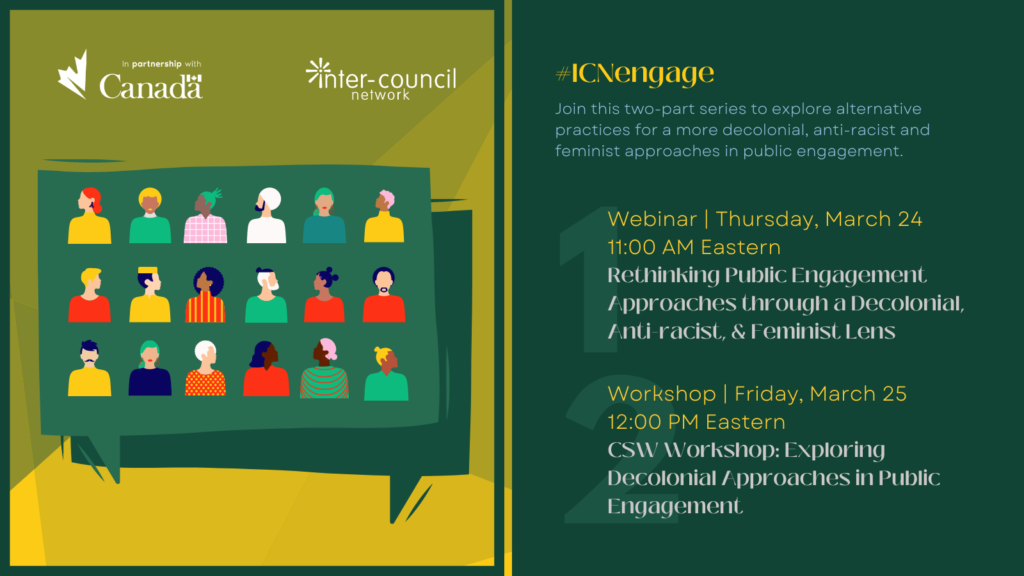
This two-part series on public engagement brought to you by the Inter-Council Network examined current practices in public engagement and explored alternative practices for more decolonial, anti-racist and feminist approaches in public engagement. The first session was a reflection by participants engaged in a research project examining decolonial approaches in public engagement while the second session (March 25, 12:00 PM Eastern) was a learning session focusing on practical tools and strategies.
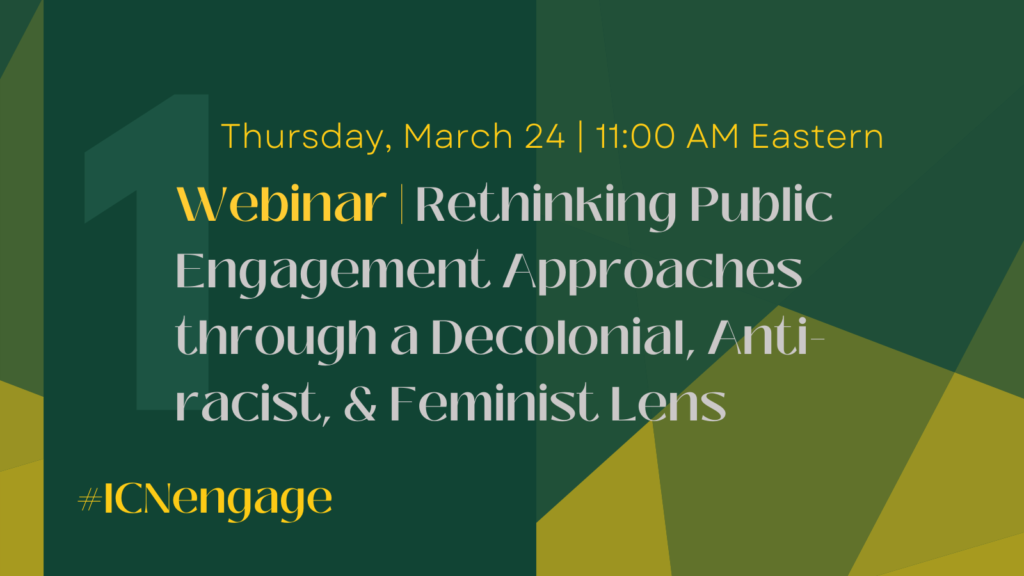
The webinar is based on the current research project by the ICN exploring decolonial, anti-racist, and feminist approaches to public engagement, and was an opportunity to share some methodological insights and preliminary findings as informed by a group of research participants from different geographies, histories, and knowledge communities. The webinar featured activists, youth leaders, community advocates, and feminist organizers from Canada, Botswana, Kenya, Ecuador, Haiti, and the Dominican Republic and aimed to urge reflection on our public engagement practices in a collective space and conceptualize alternative tools and practices that can inform our public engagement activities.
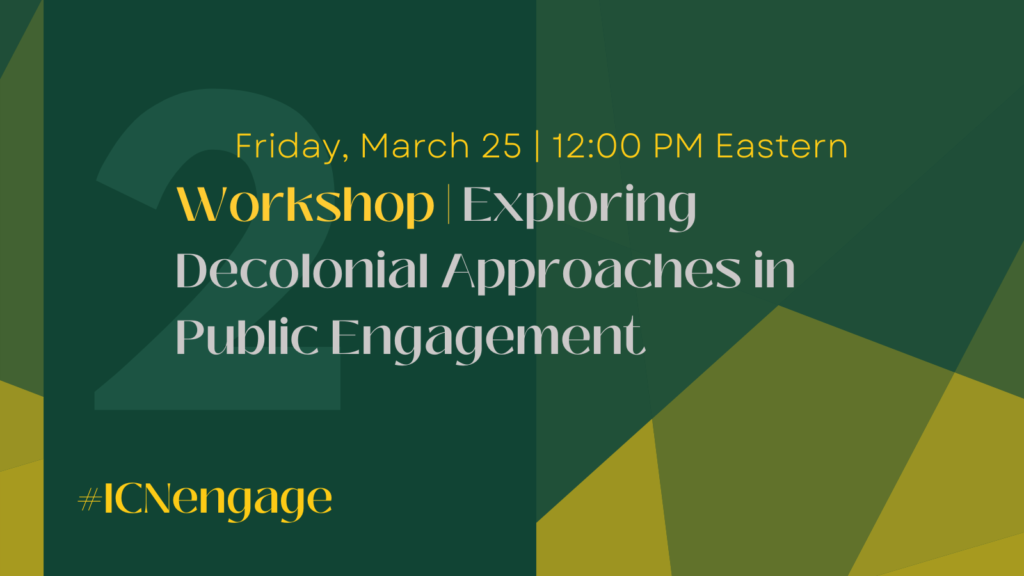
In this session, we reflected on decolonial approaches in public engagement. We collaboratively reflected on key challenges and tensions associated with doing public engagement in decolonial ways. Drawing on insights from ICN’s research project on Feminist, Anti-racist and Decolonial Approaches in Public Engagement, we focused on practical strategies that actors can adopt in their efforts to adopt decolonial practices in public engagement work.
Webinar Panelists
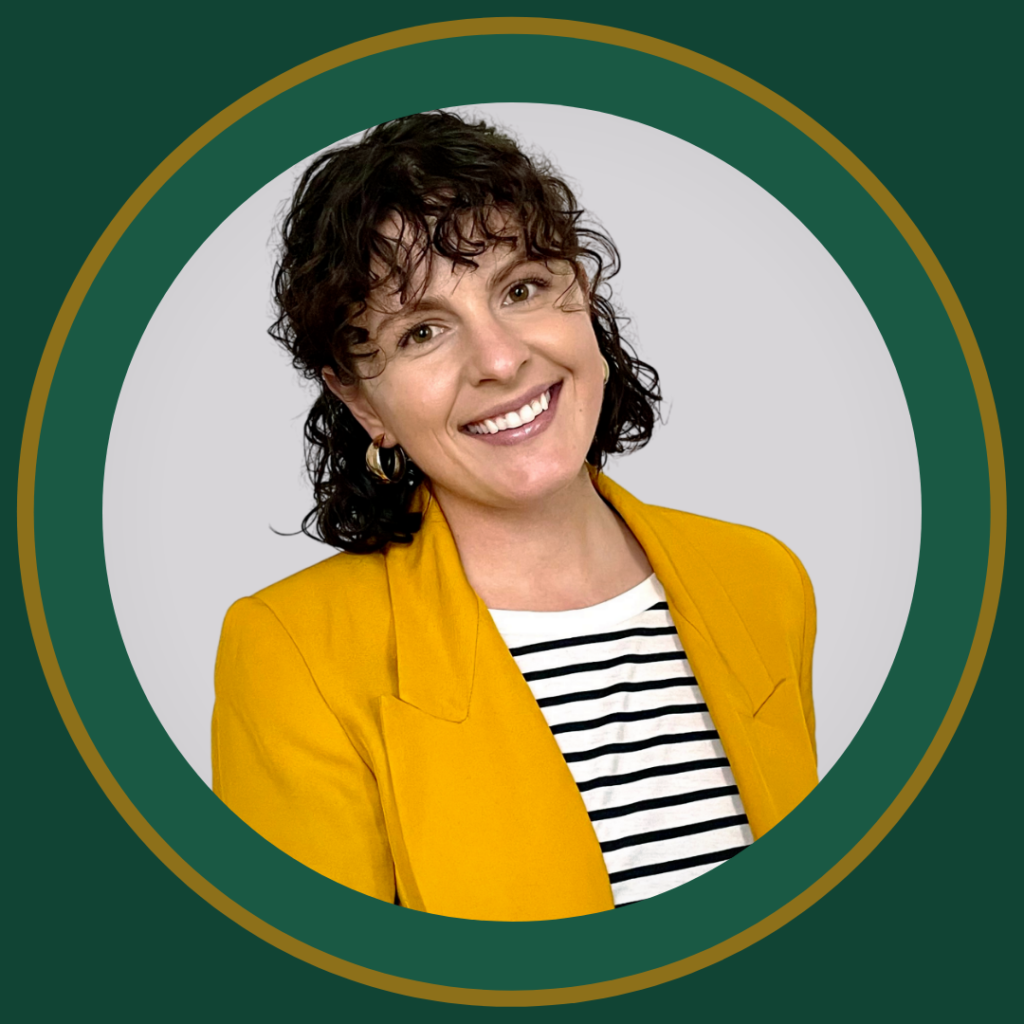
Hailey Vidler
Hailey is the Engagement and Evaluation Lead at Engage Nova Scotia, a small, independent non-profit driven by a vision for a more vibrant, inclusive, and resilient province. Hailey’s academic background includes a BA in Development Studies and Anthropology from St. Francis Xavier University (Antigonish, Canada) and an MSc in Strategic Leadership towards Sustainability from the Blekinge Institute of Technology (Karlskrona, Sweden). Her Master’s thesis considered how participatory community processes build a communities’ adaptive capacity in relation to the Climate Crisis. In particular, the research focussed on Collective Narrative Therapy, a method used to respond to individuals, groups, and communities who have experienced a collective trauma. Both her work and personal life are rooted in the importance of relationships and deep listening. At Engage, this guides Hailey’s approach to her role with the Nova Scotia Quality of Life Initiative, designing and facilitating public engagements and supporting a broad range of cross-sector collaborations. Outside of her work with Engage, Hailey can be found socializing (safely), pursuing her creative ventures, and trying to give her house plants a fighting chance.
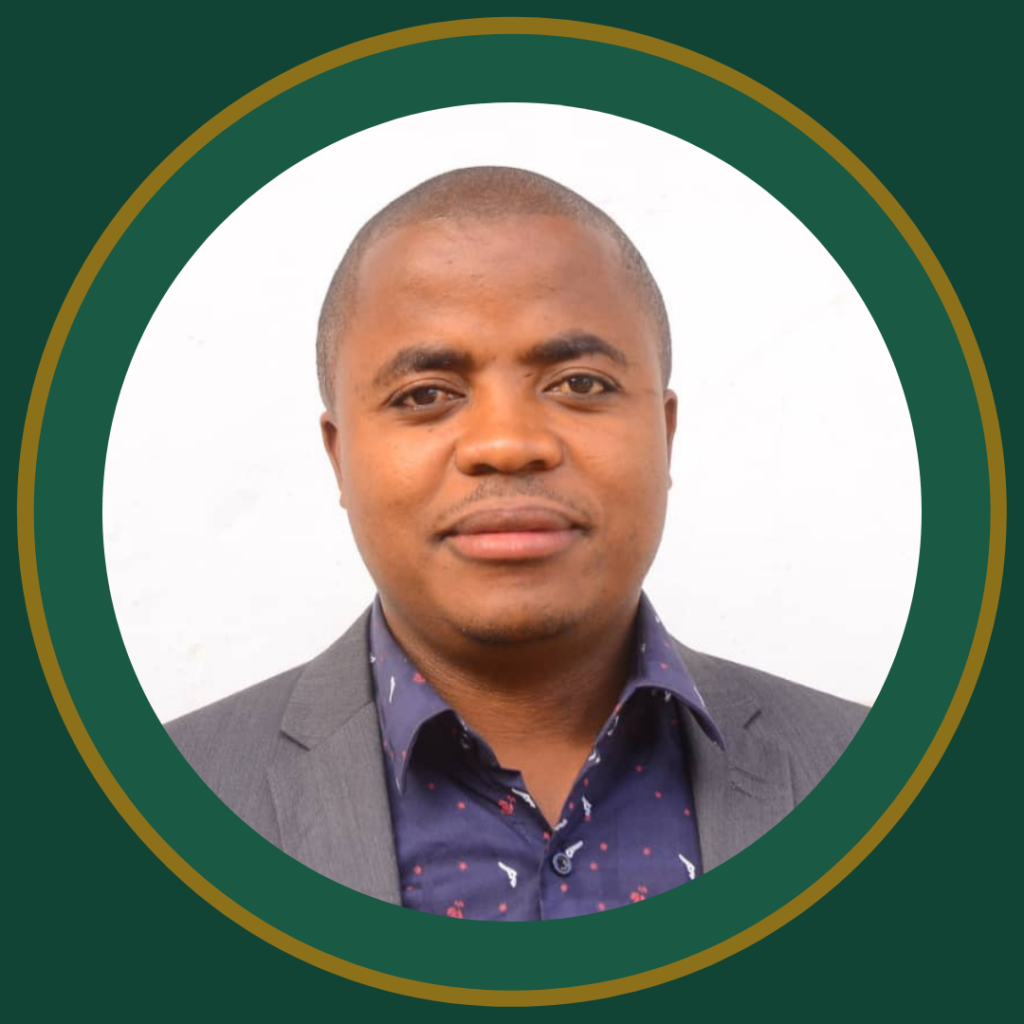
John Ciza
About John: Master’s degree in Peace and Reconciliation, option: Natural Resources, Environment, Peace and Sustainable Development from the Catholic University of Bukavu (CUB), Bachelor’s degree in Law from the Université Officielle de Bukavu (UOB). University instructor and researcher here in the Democratic Republic of the Congo. I’m also an activist for human rights and environmental issues and have contributed several articles on the subject. National Coordinator of the non-profit organization Front Commun pour la Protection de l’Environnement et des Espaces Protégés, or FCPEEP-RDC, which operates on several diverse issues, including environmental protections, gender equality, human rights, food sovereignty, sustainable agriculture, and the rights of women and girls, as well as those of other marginalized groups, such as Pygmy Indigenous peoples. Our website, www.fcpeep-rdc.org, includes some descriptions of our actions on the ground. National Focal Point of Civil Society Organizations in DRC accredited to the United Nations Convention to Combat Desertification (UNCCD). Focal point of the Kabare/Sud-Kivu/DRC area from the Société Civile Environmentale et Agro-Rurale du Congo.
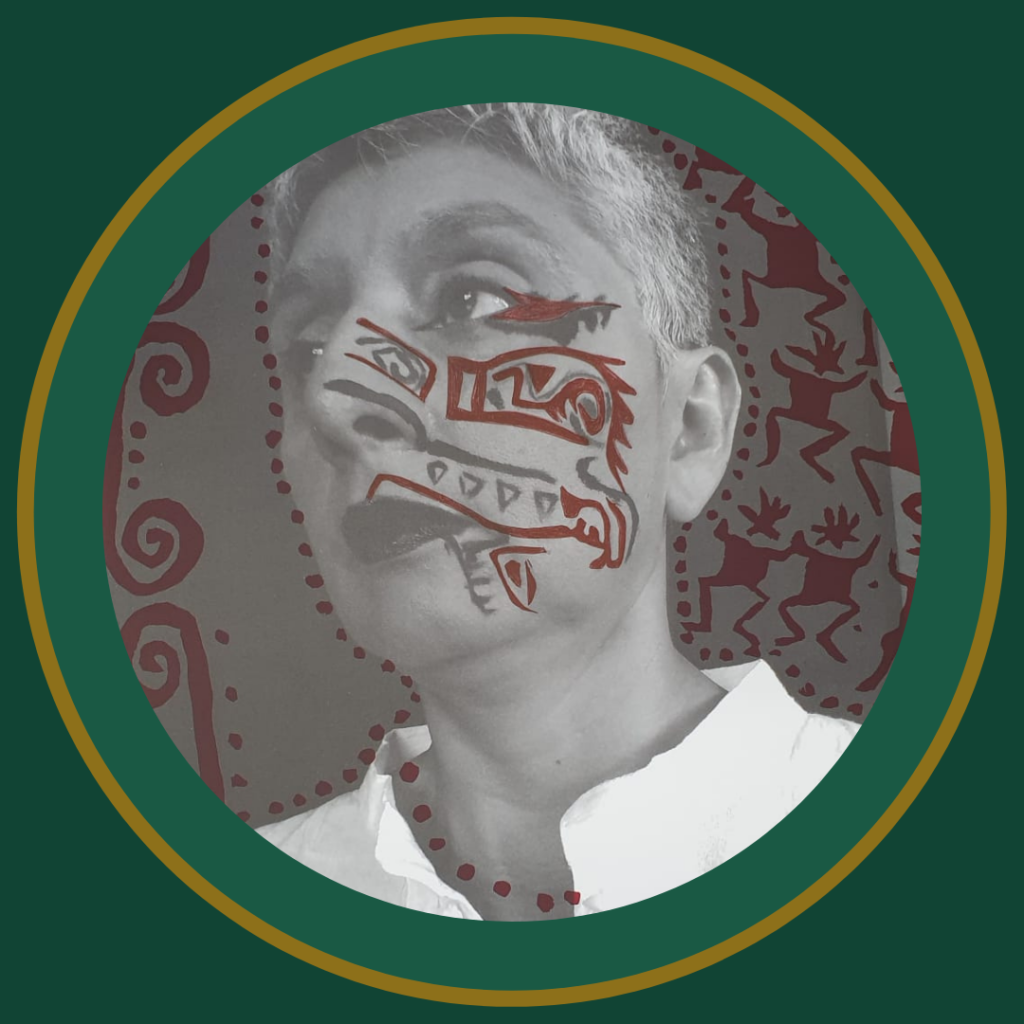
Leticia Rojas Miranda
“My name is Kimy/Leticia Rojas Miranda. I hold a doctorate in sociology and anthropology, and I have experience with trans/feminist and migration studies as well as gender and sexual identity studies. I am a researcher and a diaspora activist/artist in both Spain and Abya Yala. I have been part of the Ecuadorian feminist movement since 1999. Starting in 2008, I have divided my time between Madrid (Spain), Quito and Guayaquil (Ecuador). Alongside other activists in Spain, I have participated in the Migrantes Transgresorxs collective since 2009 and the Ayllu collective since 2017. My skills include research and activist/artistic creation, which I have practiced for 12 years. Recent projects include the research project “Mapeo de Feminismos Negros en Abya Yala” (“Mapping Black Feminisms in Abya Yala”); “Re-existencia transfronterizas ‘entre aquí y allá'” (“Transborder Re-existence ‘Between Here and There'”), Ecuador chapter, 2020; group exhibition, “Don’t blame us for what happened / No nos culpen de lo que pasó” (Migrantes Transgresorxs collective/Ayllu collective), Biennale of Sydney: NIRIN-2020, at Artspace. I also work with POPS (Programa Orientado a Prácticas Subalternas), a research and training project that began in 2018 at the Centro de Residencias Artísticas, Matadero-Madrid. The fourth edition of POPS, held in collaboration with GLEFAS (Grupo Latinoamericano de Estudio, Formación y Acción Feminista) is now coming to a close.”
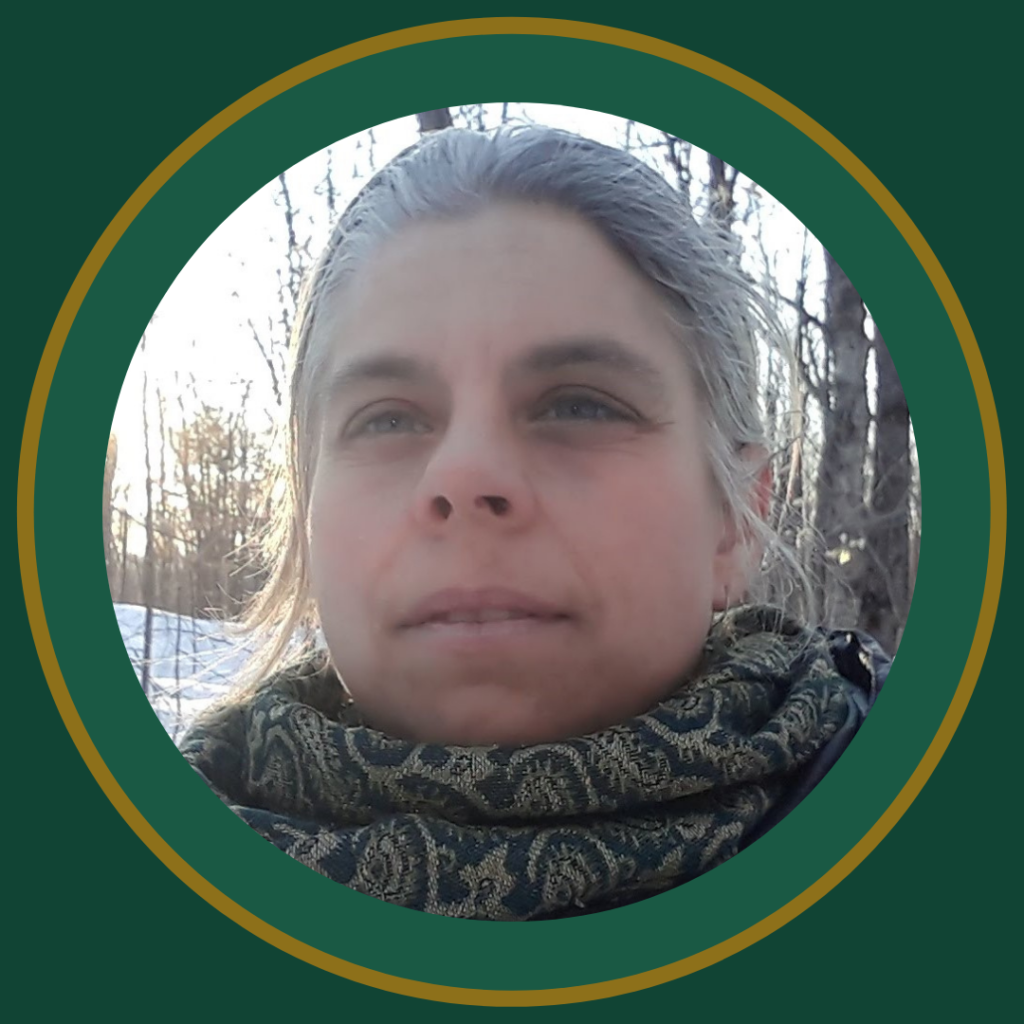
Marie-Eve Marleau
Marie-Eve Marleau has worked for the past fifteen years within social movements against extractivism and for ecological justice. She is the Coordinator of the Comité pour les droits humains en Amérique latine (CDHAL), an international solidarity organization based in Montreal that works to defend and promote human rights in reciprocity with social movements and communities in Latin America in the fight for social, environmental, economic and cultural justice. CDHAL’s actions contribute to developing a critical analysis of oppressive structures in our society and in international solidarity work, as well as to building awareness and mobilization among Quebecers.
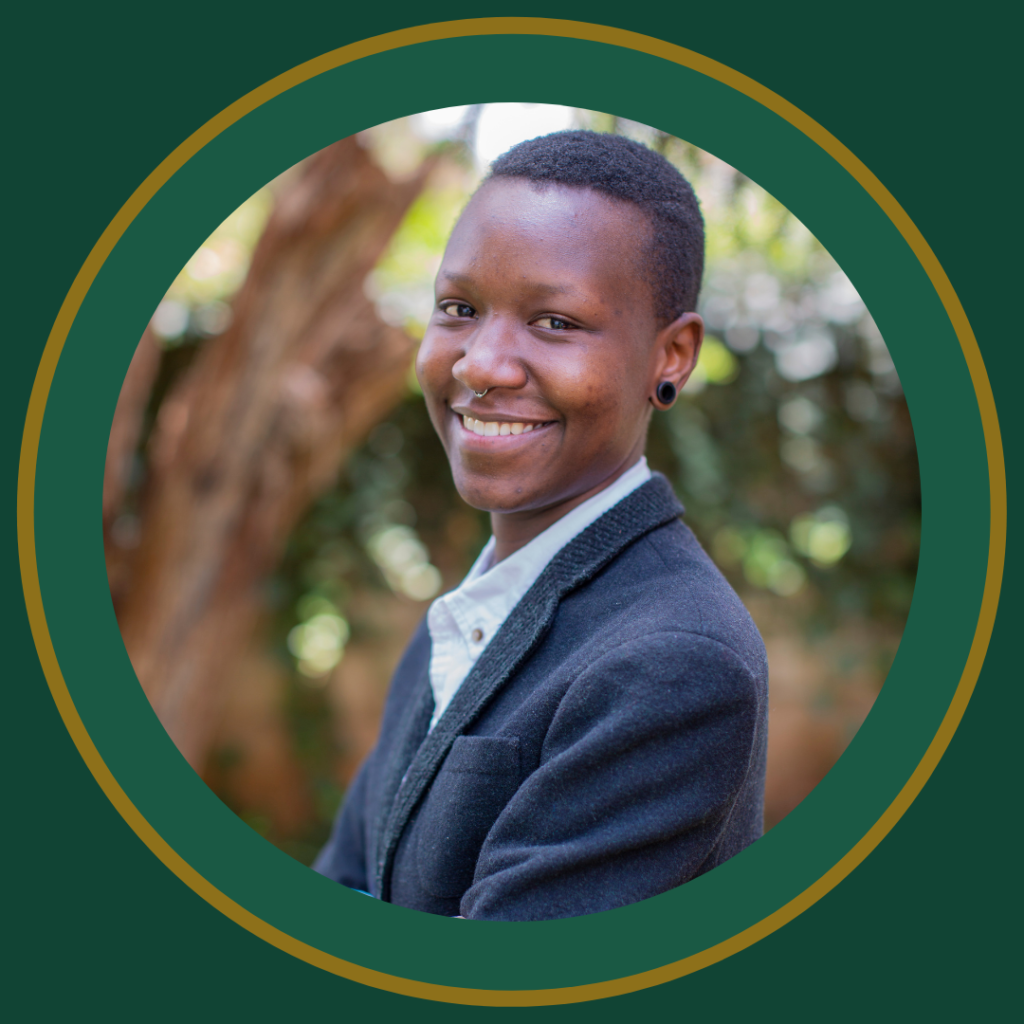
Sonia Audi
Sonia Audi is a Kenyan queer, nonbinary feminist, activist and creative. They channel their skills and passion for advocacy and storytelling towards advocating for an all-inclusive world where LGBTQ+ persons are free to exist as their most authentic selves. This is evident in their work as a program coordinator at Jinsiangu, an organization that works to enhance the lives and wellbeing of intersex, transgender and gender non-conforming (ITGNC) persons in Kenya; and as a community organizer at Queerhive Kenya, a youth-centered, creative and social support organization for lesbian, bisexual and queer (LBQ) womxn and gender non-conforming persons. They have also been involved in a number of collaborative creative projects such as “Meanwhile” by the Qintu Collab, “Rainbow Childhoods” by GALCK, “New Rain” by Minority Womyn in Action, and “Emergence” by Holaafrica.
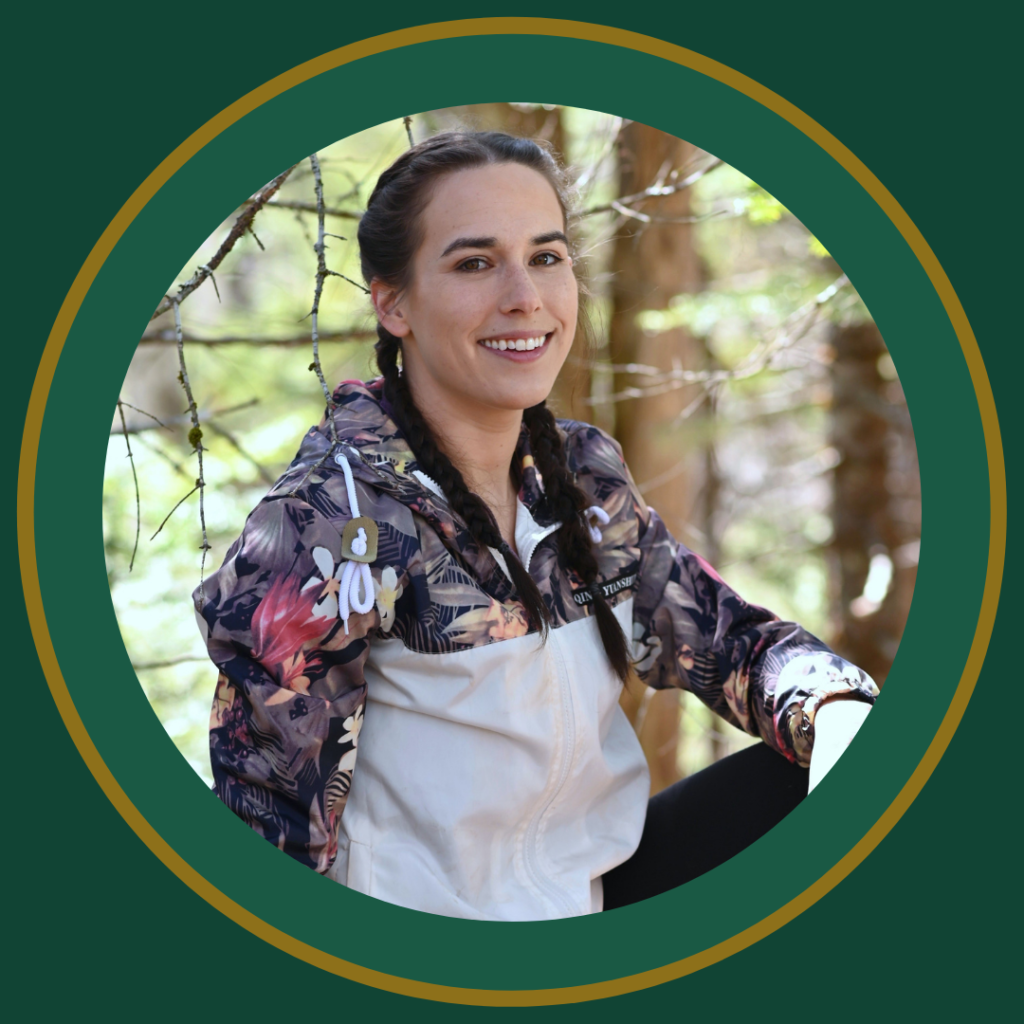
Moderated by Jordan Smith
Jordan Smith is a Mi’kmaw Woman from Glooscap First Nation, who was born and raised in her traditional and ancestral territory of Mi’kma’ki. After graduating from Acadia University (Class of 2014), Jordan began working for the Mi’kmaw Physical Activity Leadership (MPAL) program, where she developed her passion for Indigenous Community Development. Using Two-Eyed Seeing as her guiding principle, her work is focused on engaging diverse cultures, and building strong relationships, and youth leadership to create thriving Indigenous communities. Jordan is currently working with the Atlantic Council for International Cooperation as a Program Officer for the ‘Our Communities, Our Voices’ program, which aims to amplify the voices of young Indigenous leaders in the Atlantic Region. She is also a Learning Facilitator for the Aboriginal Coaching Modules and plans to volunteer for the upcoming North American Indigenous Games (NAIG) 2023
Workshop Panelists
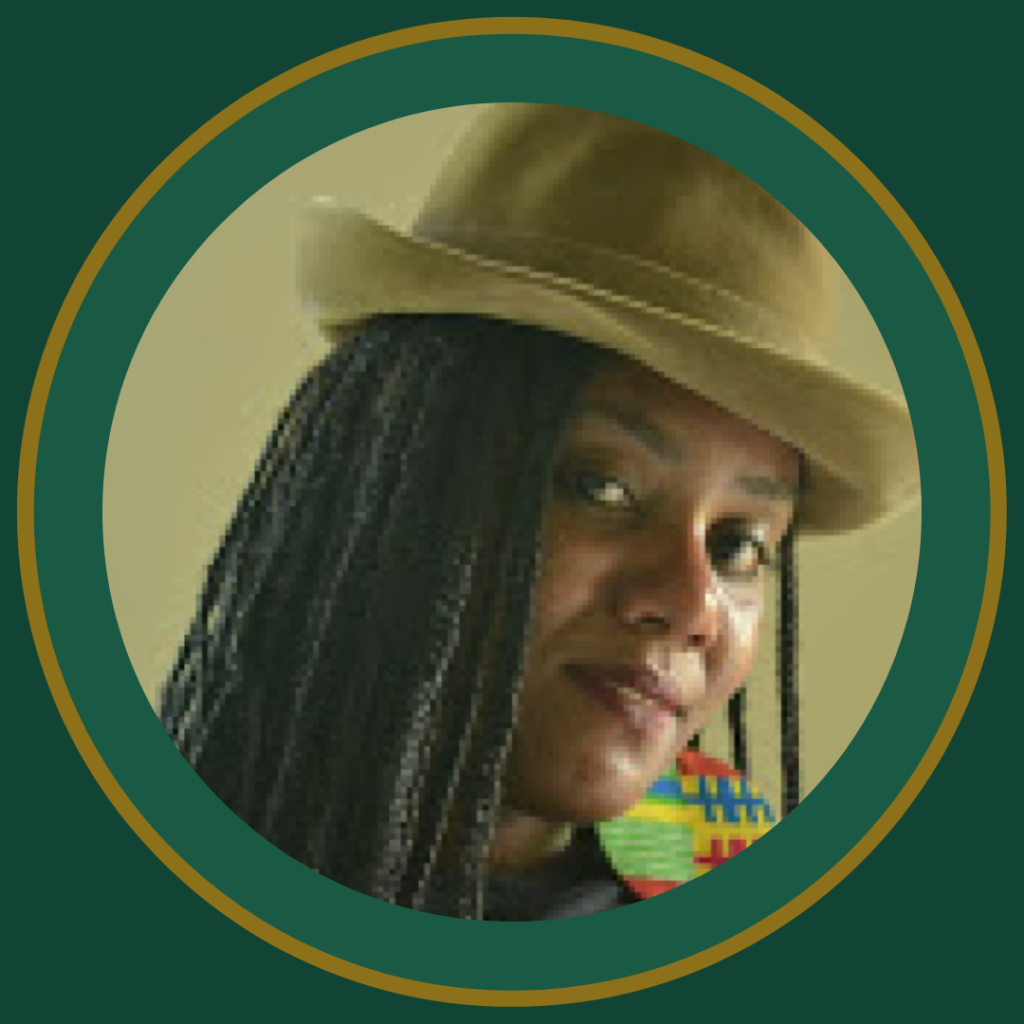
About Alicia Méndez Medina: “My name is Alicia Méndez Medina, and I was born in Santo Domingo, Dominican Republic, on June 6, 1986. I’m from Herrera, a neighbourhood on the west side of Santo Domingo. Drawing on the environment, social movements, and stories of the border where my mother is from, I was able to construct and reconstruct trans-national stories that centre the marginalization of a lovely, diverse, impoverished neighbourhood on the outskirts of the city. I studied theatre with a concentration in dramaturgy at the Escuela Nacional de Arte Dramático (ENAD). Prior to that I was in social communications, completing a portion of the requirements for a degree in journalism at the Universidad Autónoma de Santo Domingo (UASD). As part of the university’s chanted poetry scene, a form of activism in performance, I had the opportunity to travel all over the country. In 2020, one of my pieces was included in Fanzine Pandémico, a publication by the Catalina Clandestina collective in Argentina. A poem of mine was included in the anthology Te Quiero Mi Cielo, published in Chile by La Fonola Cartonera in 2018. I worked as a reporter for the online newspaper El Grillo, which offers a platform for social movements to speak in their own words. I also wrote a series of articles for various civil society institutions on economic hardships, lack of services, and impoverishment of neighbourhoods in the Ozama-Isabela basin in Santo Domingo. I write about social inequity, alienation, borders, love and heartbreak from a place of marginalization and from my African heritage. I am a feminist and antiracist activist, and my literary work is informed by this way of seeing the world. I am currently part of the Junta de Prietas collective. We are a feminist, antiracist and decolonial collective, a space for possibility and encounters, and a springboard to liberatory political action that identifies and works to dismantle racist practices.”
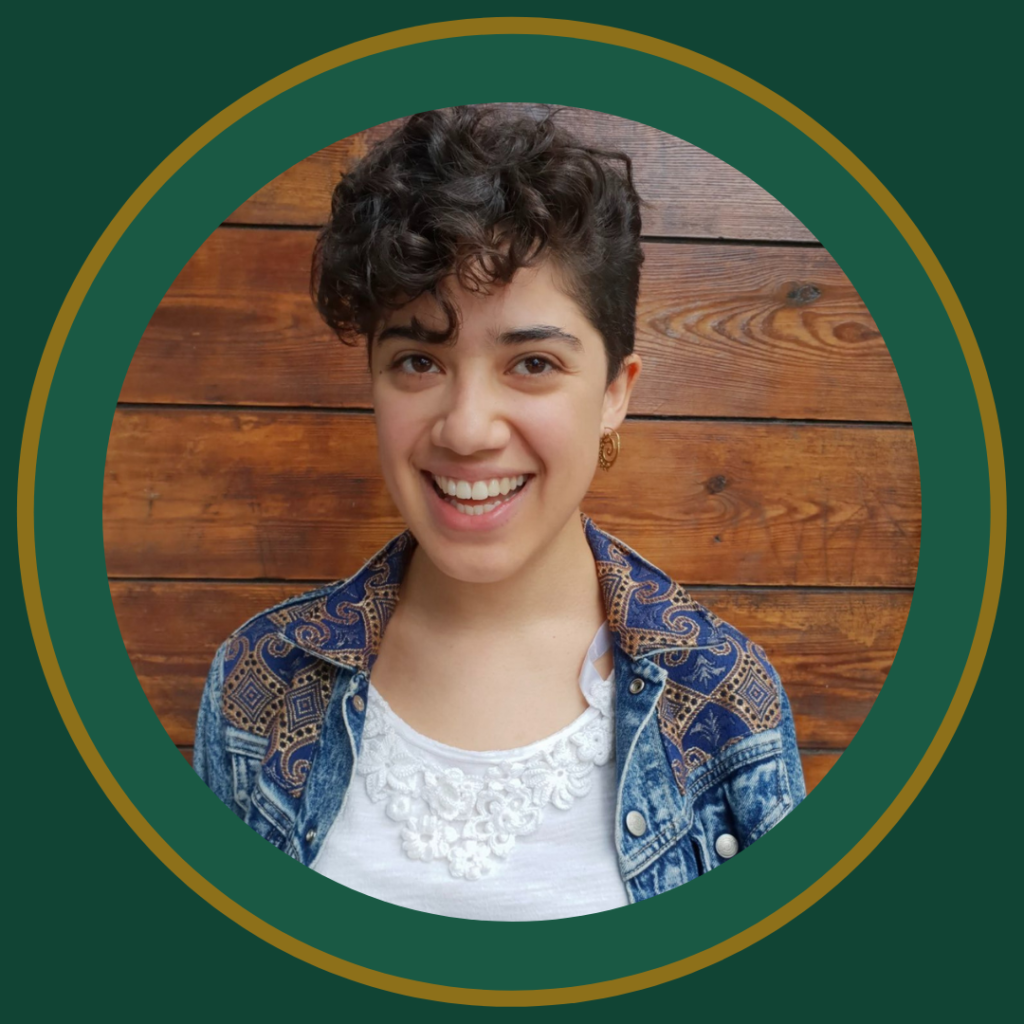
Priscilla Purtschert Baquerizo
Priscilla (25 – they/she) is a queer anthropologist who obtained a MA degree in 2019 on the topic of anthropology and sustainable citizenship. They are currently co-coordinating Navegando Libres, a program from Taller de Comunicación Mujer, where they provide feminist accompaniment to survivors of digital gender violence. Their interests include: anti-racism, sex-education, digital rights, interesctional feminism, and how their mutual imbrication may contribute to the imagination and construction of sustainable futures.
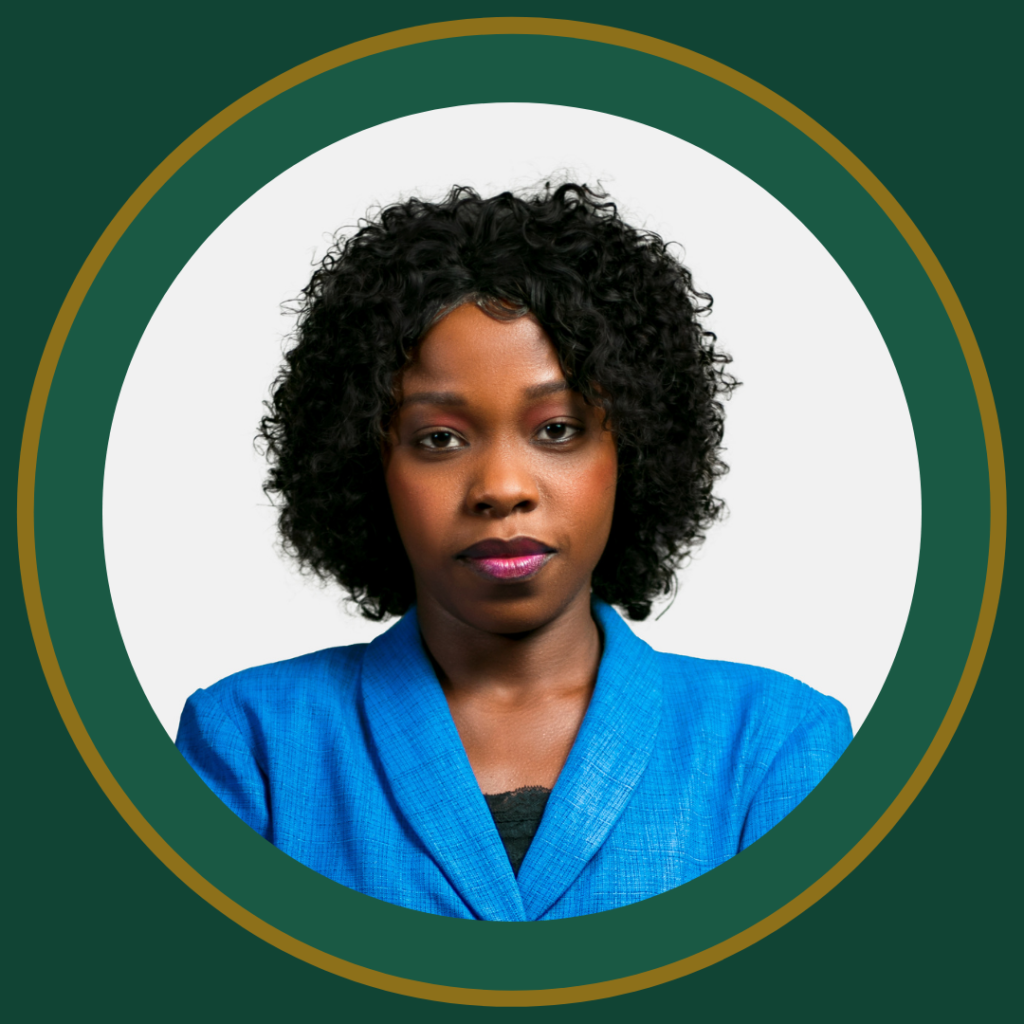
About Websterlie D. ROSA:
“I was born in the commune Les Cayes in the Sud department of Haiti. I’m 26 years old and currently live in the commune of Arniquet. Completing my studies in legal sciences, Regional Coordinator of the Croix-Rouge Jeunesse du Sud. Founder and coordinator of the organization FEMMES VOLONTAIRES POUR UNE NOUVELLE HAITI (FVNH), a civil society organization operating in Arniquet. Member of FAC-SUD, a civil society organization operating in the Sud department with headquarters in Les Cayes. Member of GCER-HAITI, a civil society organization operating in the Sud department with headquarters in Les Cayes. I am an exceptionally dynamic, discreet, intelligent woman and a feminist who works towards women’s causes.”
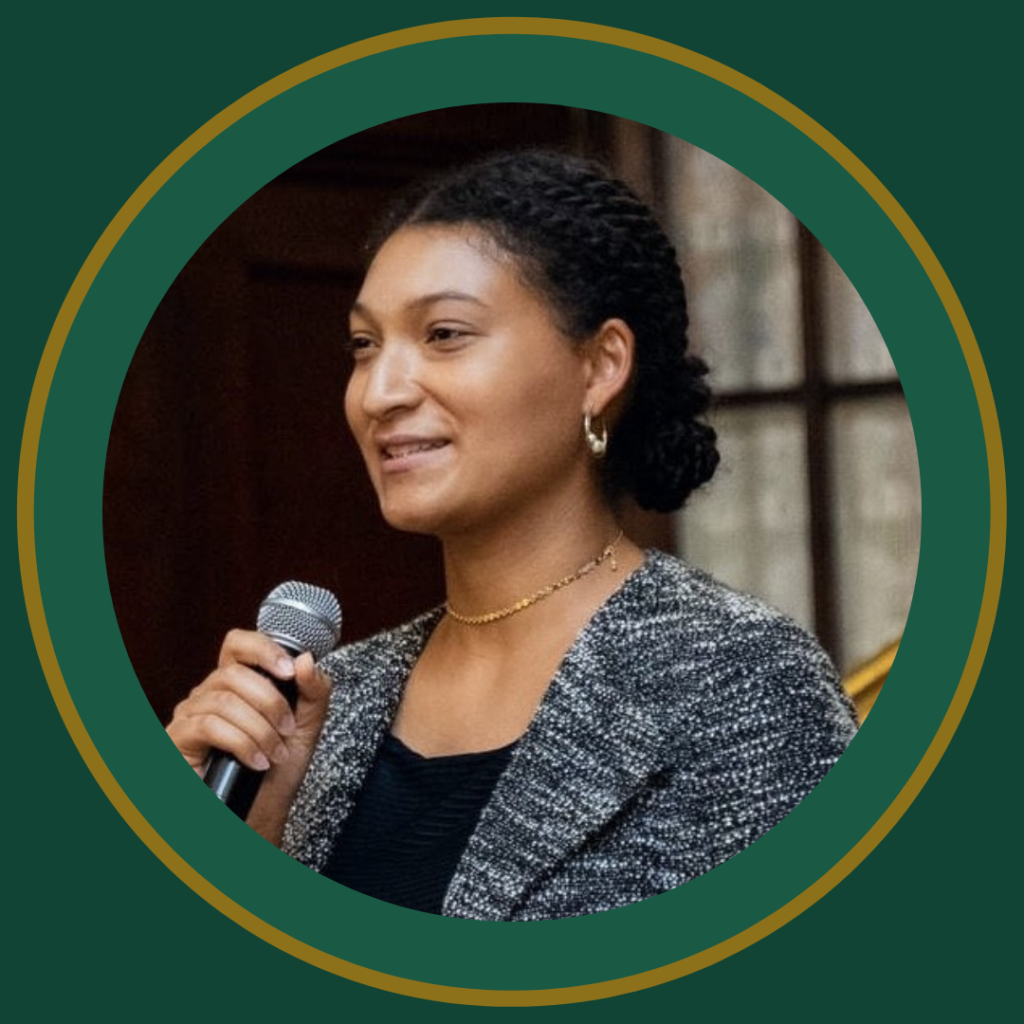
Moderated by Sydney Piggott:
Sydney Piggott (she/her) is a civil society leader and advocate for equity, inclusion and social justice on a global scale. She is the Director of Community Engagement at Elevate–an organization connecting thought leaders, innovators and policymakers to solve complex social problems and the Canadian Headquarters of the United Nations Sustainable Development Goals. Sydney has been a subject matter expert in several international forums including the Commission on the Status of Women, Women Deliver Conference, Inter-Parliamentary Union Conference for Young Parliamentarians and RightsCon. Prior to her role at Elevate, Sydney was the Director of Programs & Projects at YWCA Canada. Passionate about supporting young changemakers, Sydney has worked as a mentor with several youth organizations including the Ontario Council for International Cooperation’s Youth Policy-Maker’s Hub, Apathy is Boring’s RISE program, Community Knowledge Exchange’s Cohort X and the Online Thinkathon Challenge in partnership with the European Union. She is also a contributor at Btchcoin News, a Fulbright Canada fellow and an emerging policy leader in the British Council’s Future Leaders Connect program. Sydney holds a Master of Global Affairs from the University of Toronto where she co-founded the Intersectional Feminist Collective, was a Queen Elizabeth II Diamond Jubilee scholar, and a researcher with the Reach Alliance. Sydney also holds a bachelor’s in International Development Studies from McGill University. She brings an intersectional feminist lens to all of her work informed by her proud Afro-Caribbean heritage.
